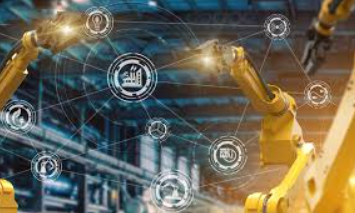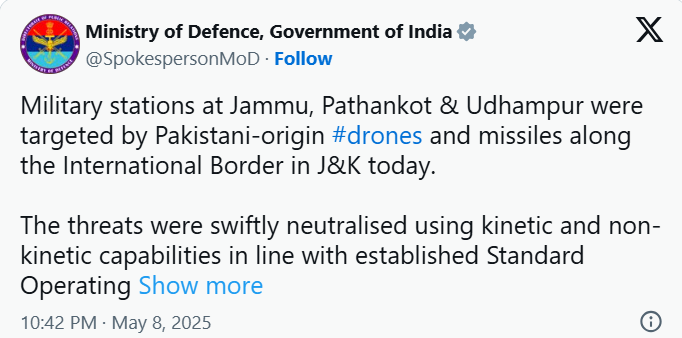
Artificial Intelligence (AI) and Machine Learning (ML) are not just buzzwords; they are revolutionizing industries across the globe. From healthcare to finance, retail to transportation, these technologies are driving innovation and efficiency in unprecedented ways.
In the healthcare industry, AI and ML are being used to predict disease outbreaks, personalize patient treatment plans, and even assist in complex surgeries. AI algorithms can analyze vast amounts of medical data to identify patterns and correlations that would be impossible for humans to detect. For example, machine learning models are being used to predict patient outcomes based on their medical history and current health status, leading to more accurate and personalized treatments.
The finance sector is also seeing significant transformations due to AI and ML. These technologies are being used to detect fraudulent transactions, assess credit risk, and automate trading. AI-powered chatbots are providing customer service, handling queries, and even offering financial advice. Machine learning algorithms analyze market trends and historical data to make trading decisions, often outperforming human traders.
Retail is another industry where AI and ML are making a big impact. Personalized shopping experiences are becoming the norm, thanks to recommendation engines powered by machine learning. These engines analyze customers' past purchases and browsing behavior to suggest products they are likely to buy. AI is also being used in inventory management, predicting demand, and optimizing supply chains to ensure that products are available when and where customers want them.
Transportation and logistics are being transformed by AI and ML as well. Autonomous vehicles, powered by AI, are being tested and deployed, promising to make transportation safer and more efficient. Machine learning algorithms are optimizing routes for delivery trucks, reducing fuel consumption and improving delivery times. In logistics, AI is being used to predict and mitigate supply chain disruptions, ensuring that goods are delivered on time.
The impact of AI and ML extends to many other industries as well. In manufacturing, these technologies are being used to predict equipment failures and schedule maintenance, reducing downtime and increasing productivity. In agriculture, AI-powered drones are monitoring crop health and optimizing irrigation and fertilization. Even in the creative industries, AI is being used to generate music, art, and literature, pushing the boundaries of human creativity.
The future of AI and ML is incredibly promising. As these technologies continue to evolve, their applications will become even more diverse and impactful. However, it is also important to address the challenges and ethical considerations associated with AI and ML, such as data privacy, algorithmic bias, and the potential for job displacement. By addressing these issues, we can ensure that the benefits of AI and ML are realized in a way that is fair and inclusive.
In conclusion, AI and machine learning are transforming industries in ways that were once unimaginable. Their ability to analyze vast amounts of data and make intelligent decisions is driving efficiency, innovation, and growth across various sectors. As we continue to explore the potential of these technologies, the possibilities are endless, and the future looks incredibly bright.










